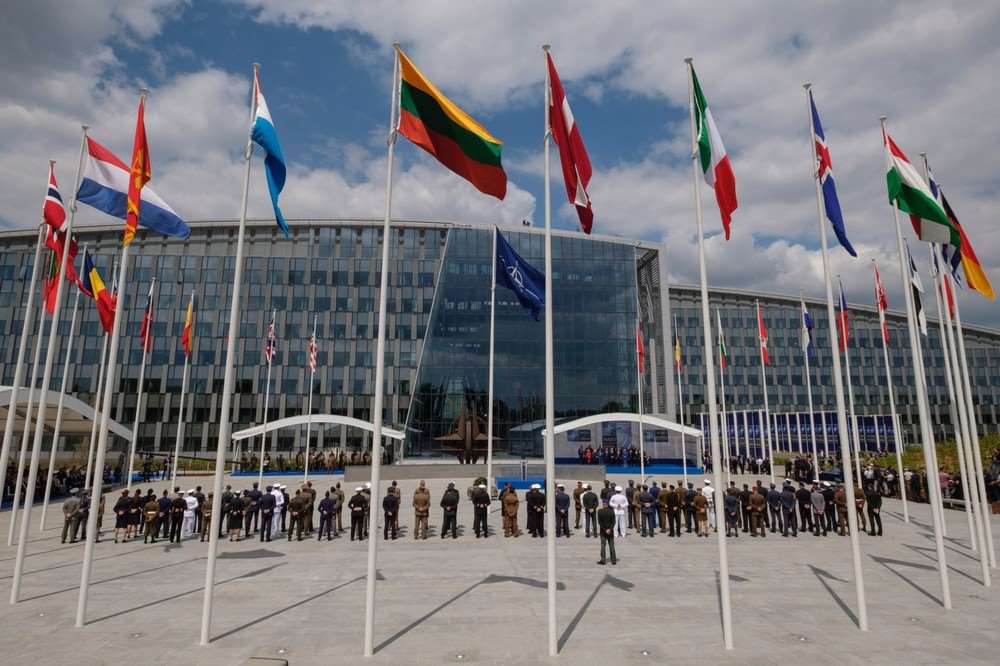Poland has offered NATO thousands of doses of AstraZeneca's coronavirus vaccine - enough to vaccinate at least 3,000 people against the coronavirus -, bypassing Belgium in doing so.
Polish Prime Minister Mateusz Morawiecki said on Twitter on Sunday that his country had received "an official invitation" to vaccinate the staff of the Brussels headquarters of the North Atlantic Treaty Organisation.
Zostaliśmy oficjalnie zaproszeni przez @NATO, aby polskie zespoły medyczne przeprowadziły szczepienia w kwaterze głównej Sojuszu w Brukseli. To ważna misja, bo jest to organizacja zapewniająca bezpieczeństwo ok. miliarda ludzi na świecie i oczywiście się jej podejmiemy. https://t.co/KEfs8o1Kip
— Mateusz Morawiecki (@MorawieckiM) March 21, 2021
Translation: We have been officially invited by @NATO for Polish medical teams to carry out vaccinations at the Alliance headquarters in Brussels. This is an important mission, because it is an organisation which ensures the safety of about a billion people in the world, and of course we will undertake it.
According to the Polish press, more than 20 Polish doctors will travel to Brussels on Thursday to vaccinate 3,500 people working at NATO headquarters with the new AstraZeneca vaccine, which requires two injections.
The vaccination is expected to take three days, said the Polish minister responsible for the vaccination campaign, Michał Dworczyk, told national news agency PAP.
Related News
- Three more vaccination centres open in Brussels
- AstraZeneca coronavirus vaccine 79% effective, new study finds
"It's good news for everyone," a diplomatic source said on Monday, stressing that this gesture allowed the Poles - already considered "good allies" - to "enhance their image."
This offer allowed Warsaw to "gain a lot of credit", another source confirmed to Belga News Agency. She regretted that Belgium, a NATO host country and therefore subject to certain obligations in this respect, had not managed to find the necessary vaccines in good time because of delivery delays, mainly attributable to AstraZeneca.
The Brussels Times

